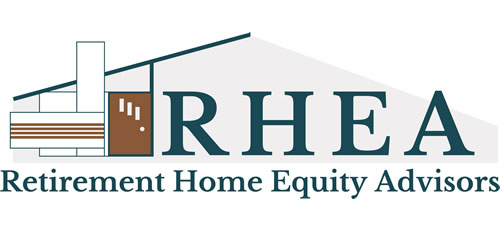Everyone deserves a happy and healthy retirement. Unfortunately, health is tied directly to happiness and people more advanced in age become much more vulnerable to health complications. This often creates roadblocks to achieving a happy and healthy lifestyle. We are fortunate to live in a first-world country with plenty of great medical treatment and technology. However, there is no shortage of barriers when it comes to accessing them. There is often a high cost associated with healthcare, one that can be made worse by things like dishonest billing and pharmaceutical price-fixing. A robust health insurance plan can offset a large portion of these costs, but as a retiree, you may no longer have access to your employer’s plan.
Luckily, there are plenty of ways to overcome these challenges and successfully pay for healthcare during retirement without breaking the bank.
Medicare
Medicare is the federal health insurance program designed for people 65 and older as well as a select few other qualifying groups. If you are not yet 65, be sure to plan accordingly and take advantage of your seven-month enrollment period, which begins three months prior to the month of your 65th birthday. Medicare is made up of many parts with which you can create different plans. You are not locked in once you select one and can switch plans as your needs change. Learn more here.
The four main parts of Medicare are:
- Part A – Hospital Insurance
- Part B – Medical Insurance
- Part D – Prescription Drug Coverage
- Part C –Medicare Advantage Plan
Medigap
Medicare Supplemental Insurance, more commonly known as Medigap, can help you add an extra layer of coverage to your Medicare plan (excluding Medicare Part C). Medigap plans are provided by private insurers and help cover areas or treatments that your Medicare plan does not. It is important to note that your Medigap plan must be purchased in the state where you reside. Additionally, you may experience restrictions in coverage if your Medigap plan is purchased more than six months after you enroll in Medicare.
Supplemental Income
Additional sources of income such as pensions or annuities are great ways to pay for healthcare during retirement. However, pensions are becoming increasingly rare and annuities recover a level of buy-in that many simply cannot afford. Fortunately, there is another dependable way to supplement your income that is often overlooked, a Reverse Mortgage. They allow homeowners to receive cash that was converted from the equity their home has accumulated. This money can go a long way in covering planned and unforeseen medical expenses, and they can also provide an additional line of credit just in case.
Reverse Mortgage
If you are unsure of how to successfully plan for your retirement or are retired and wish to increase your financial flexibility, a Reverse Mortgage may be the perfect solution. To learn more about how such a program could work for you, contact Retirement Home Equity Advisors today. We are a team of licensed specialists located in Gilbert, Arizona serving senior homeowners throughout the States of Arizona, California, and Colorado. We can help you strategically leverage your home equity to decrease risk and improve financial stability throughout your retirement.


Recent Comments